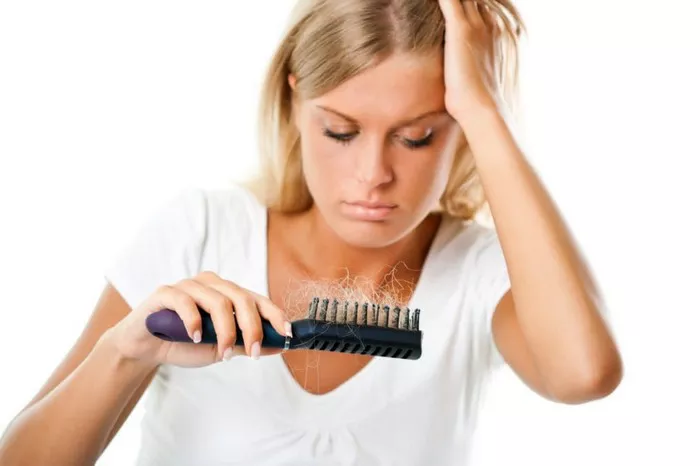Hair loss due to ringworm can be a distressing experience, but the good news is that hair can often grow back after effective treatment. In this article, we will explore the factors that influence hair regrowth following ringworm treatment and provide valuable insights to help you regain your lush locks.
I. Understanding Ringworm-Induced Hair Loss
Before delving into the possibility of hair regrowth, it’s essential to grasp the underlying causes of hair loss associated with ringworm.
Ringworm, despite its name, is not caused by a worm. It’s a fungal infection that affects the skin, scalp, and hair. Ringworm can lead to hair loss when it invades the hair follicles, causing hair to become brittle and break.
When ringworm infects the scalp (tinea capitis), it can lead to hair loss in the form of circular, scaly patches. This hair loss is often referred to as alopecia areata.
II. The Role of Treatment
The key to hair regrowth after ringworm lies in prompt and effective treatment. Here, we’ll discuss the treatment options available and their impact on regrowing your hair.
1. Antifungal Medications
The primary treatment for ringworm is antifungal medications, such as oral tablets and topical creams. These medications target the fungal infection at its source, helping to eliminate it.
2. Prompt Treatment Is Crucial
Prompt diagnosis and treatment are crucial to prevent the infection from spreading and causing more extensive hair loss. Early intervention increases the likelihood of successful hair regrowth.
3. Hair Regrowth During Treatment
Some individuals may notice hair regrowth during the course of their treatment. This is an encouraging sign that the treatment is effective in eliminating the fungal infection and allowing new hair to grow.
III. Factors Affecting Hair Regrowth
Several factors influence the regrowth of hair after ringworm treatment. Let’s explore these factors in detail.
1. Severity of Infection
The extent of hair loss due to ringworm depends on the severity of the infection. In mild cases, where only a few hair follicles are affected, hair is more likely to regrow quickly.
2. Scarring
In more severe cases of ringworm, scarring may occur, affecting the hair follicles. Scarring can impede hair regrowth or cause it to be less dense.
3. Age and Genetics
Individual factors, such as age and genetics, play a role in hair regrowth. Younger individuals tend to experience more robust hair regrowth, and genetics can influence the speed and quality of regrowth.
IV. Hair Care Tips for Regrowth
To maximize your chances of regrowing your hair after ringworm treatment, it’s essential to care for your hair properly during and after treatment.
1. Gentle Hair Care
Be gentle with your hair during treatment and recovery. Avoid excessive heat styling, tight hairstyles, and harsh chemical treatments.
2. Maintain a Healthy Diet
A nutritious diet rich in vitamins and minerals can support hair regrowth. Focus on foods that are high in protein, iron, and essential vitamins like biotin.
3. Stress Management
High stress levels can contribute to hair loss. Engage in stress-reduction techniques such as yoga, meditation, and deep breathing exercises.
4. Consult a Dermatologist
If hair regrowth is slow or not occurring as expected, consult a dermatologist for a thorough evaluation. They can recommend additional treatments or solutions to promote regrowth.
V. Patience Is Key
It’s essential to understand that hair regrowth after ringworm treatment can be a gradual process. It may take several months for your hair to fully regrow, and the timeline varies from person to person. Be patient and continue following a healthy hair care routine.
See Also: Which Foods Cause Hair Fall: A Comprehensive Guide
VI. Conclusion
In conclusion, hair loss due to ringworm can be a temporary setback, and with the right treatment and care, hair can often grow back. The success of hair regrowth is influenced by the severity of the infection, scarring, age, genetics, and the quality of hair care during and after treatment. By following a diligent and gentle hair care routine, maintaining a healthy lifestyle, and seeking professional advice when needed, you can increase the chances of regaining your beautiful, healthy hair. Remember that patience is key in the journey to hair regrowth after ringworm treatment.


